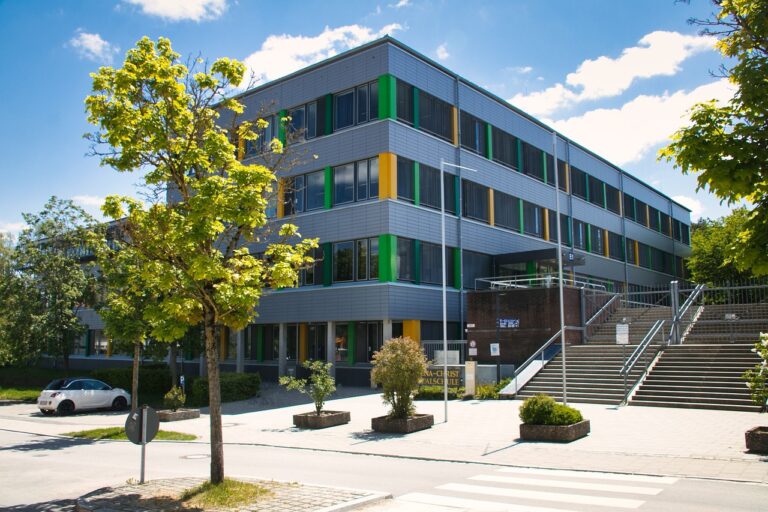The Importance of Professional Development for Researchers
cricbet99.win register, sky 99 exch, reddy book club: Professional development is a crucial aspect of any researcher’s career path. It involves continuously learning, growing, and acquiring new skills to stay current in your field of study. In this article, we will discuss the importance of professional development for researchers and how it can benefit your career.
Why is professional development important for researchers?
1. Stay updated with the latest advancements: Research fields are constantly evolving with new technologies, methodologies, and discoveries. By engaging in professional development activities, researchers can stay updated with the latest advancements in their field, ensuring that their work remains relevant and impactful.
2. Enhance research skills: Professional development programs offer researchers the opportunity to enhance their research skills, such as critical thinking, data analysis, and communication. These skills are essential for conducting high-quality research and publishing findings in reputable journals.
3. Build a professional network: Networking is an essential aspect of a researcher’s career. Professional development activities, such as conferences and workshops, provide researchers with the opportunity to connect with peers, collaborators, and mentors. These connections can lead to new research partnerships, funding opportunities, and career advancement.
4. Increase research productivity: Engaging in professional development can help researchers become more productive and efficient in their work. By learning new tools and techniques, researchers can streamline their research processes and achieve results more quickly.
5. Career advancement: Professional development is crucial for career advancement in academia and industry. By demonstrating a commitment to continuous learning and skill development, researchers can enhance their credibility, reputation, and opportunities for promotions and tenure.
6. Foster a passion for research: Professional development activities can reignite your passion for research. By exploring new topics, collaborating with different experts, and attending inspiring events, researchers can stay motivated and enthusiastic about their work.
FAQs:
Q: What are some examples of professional development activities for researchers?
A: Some examples of professional development activities for researchers include attending conferences, workshops, webinars, and seminars; enrolling in online courses; joining research groups or associations; participating in mentorship programs; and presenting research findings at symposiums.
Q: How often should researchers engage in professional development?
A: Researchers should engage in professional development regularly to ensure they stay current in their field. The frequency of professional development activities may vary depending on your career stage, research focus, and availability of opportunities.
Q: How can researchers fund their professional development activities?
A: Researchers can fund their professional development activities through research grants, scholarships, institutional support, professional development funds, and personal savings. Additionally, some organizations offer discounts or scholarships for researchers to attend conferences and workshops.
In conclusion, professional development is essential for researchers to stay updated, enhance their skills, build a professional network, increase productivity, advance their careers, and foster a passion for research. By investing in your professional development, you can achieve your research goals and make a significant impact in your field.







